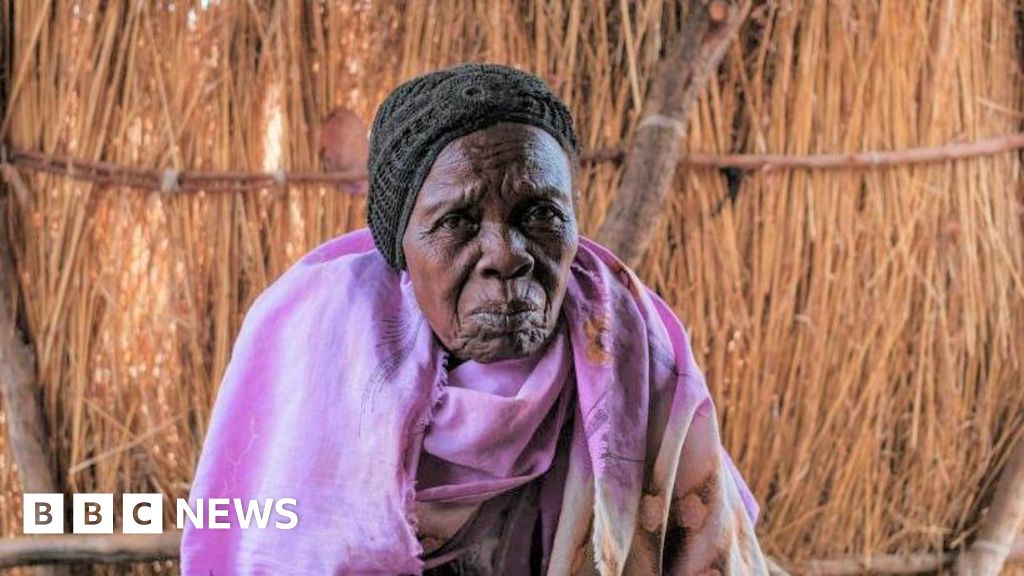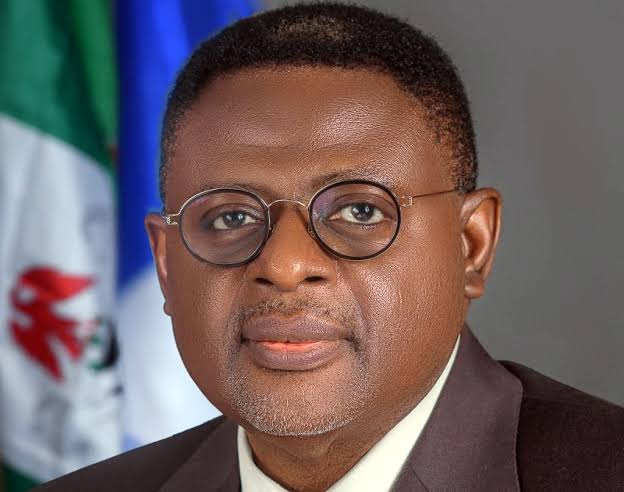Nigeria’s Central Bank Governor, Yemi Cardoso, has said the interest rate hike in September was implemented to mitigate the inflationary effects of the recent petroleum price increase.
Mr Cardoso, while appearing before the House of Representatives Committee on Banking Regulations on Tuesday, explained that the bank had anticipated the price increase and used the interest rate hike to cushion its inflationary impact.
He stated that the outcome would have been different had the bank not taken the measure in anticipation.
“The MPC further tightened the policy rate at its September meeting in anticipation of an uptick in inflation due to the upward adjustment in the petroleum pump price.
“The further tightening that took place in September was in anticipation of a rise in prices. I am pleased that it happened, as the result would have been different had it not,” Mr Cardoso said.
He added, “On a positive note, there was a modulation in core inflation from 27.58 per cent to 27.43 per cent over the same period. We, therefore, expect the year to end with some moderation in inflation as our policy measures support the real sector.”
MPC hike and petroleum price surge
The bank’s Monetary Policy Committee (MPC) raised its benchmark lending rate in September to 27.25 per cent from 26.75, sparking concerns within the real sector.
Nigerians need credible journalism. Help us report it.
Support journalism driven by facts, created by Nigerians for Nigerians. Our thorough, researched reporting relies on the support of readers like you.
Help us maintain free and accessible news for all with a small donation.
Every contribution guarantees that we can keep delivering important stories —no paywalls, just quality journalism.
The NNPC had claimed in September that it was purchasing petrol from the Dangote Refinery at N898.78 per litre and selling it to marketers at N765.99 per litre, absorbing a subsidy of nearly N133 per litre. However, the company stated that this arrangement was no longer sustainable.
Last week, petrol pump prices rose to N998 and N1,030 per litre after NNPC Limited announced the end of the sole off-taker arrangement with the Dangote Refinery.
Despite the measures taken by Mr Cardoso and the bank, the headline inflation rate in September 2024 increased by 0.55 percentage points compared to August 2024, after a two-month decline.
Nigeria’s external reserve can last 12 months of imports — Cardoso
Speaking on the performance of the bank under his leadership, Mr Cardoso said the external reserve stands at $39.12 billion and can cover 12 months of imports.
He informed the lawmakers that the country is maintaining a trade surplus, which is contributing significantly to the external reserve.
“The foreign exchange reserves have grown significantly, with remittance flows currently representing 9.4 per cent of total external reserves. The reserves rose by 12.74% to US$39.12 billion as of 11th October 2024, from US$34.70 billion at the end of June 2024, driven largely by foreign capital inflows, receipts from crude oil-related taxes, and third-party receipts. In Q2 2024, we maintained a current account surplus and saw remarkable improvements in our trade balance.
“The current external reserve position can finance over 12 months of imports of goods and services or 15 months of goods alone. This is substantially higher than the prescribed international benchmark of 3.0 months, reflecting a robust buffer against external shocks,” he said.
Stability of the naira, our priority
While acknowledging the challenges in the foreign exchange market, Mr Cardoso said the bank is focused on ensuring stability by addressing volatility.
Mr Cardoso informed the lawmakers that volatility is the primary concern of the bank, as it creates uncertainty in the economy and complicates planning.
“Our ultimate goal is to create a more stable, resilient, and efficient monetary and financial system that can better serve the Nigerian economy while adhering to global best practices,” Mr Cardoso said.
Some lawmakers raised concerns about the devaluation of the naira, noting that it is affecting economic activities and the cost of living for Nigerians.
The Chairperson of the Committee, Bello El-Rufai (APC, Kaduna), in his opening remarks, said the effect of naira devaluation has been devastating on the cost of living.
He listed several items whose prices have significantly increased since Mr Cardoso’s appointment, including bread, sugar, rice, and other commodities.
Mr El-Rufai emphasised that members are seeking answers to address the challenges within the monetary sector.
After the initial exchanges between the committee and the CBN team, the lawmakers moved into a closed-door session.
Support PREMIUM TIMES' journalism of integrity and credibility
At Premium Times, we firmly believe in the importance of high-quality journalism. Recognizing that not everyone can afford costly news subscriptions, we are dedicated to delivering meticulously researched, fact-checked news that remains freely accessible to all.
Whether you turn to Premium Times for daily updates, in-depth investigations into pressing national issues, or entertaining trending stories, we value your readership.
It’s essential to acknowledge that news production incurs expenses, and we take pride in never placing our stories behind a prohibitive paywall.
Would you consider supporting us with a modest contribution on a monthly basis to help maintain our commitment to free, accessible news?
TEXT AD: Call Willie - +2348098788999

















 English (US) ·
English (US) ·